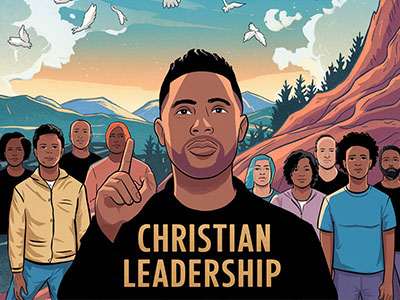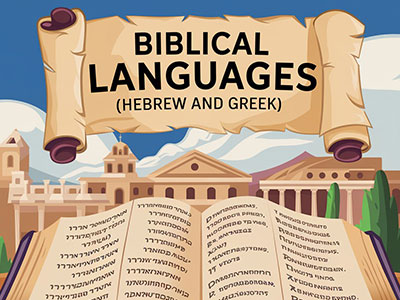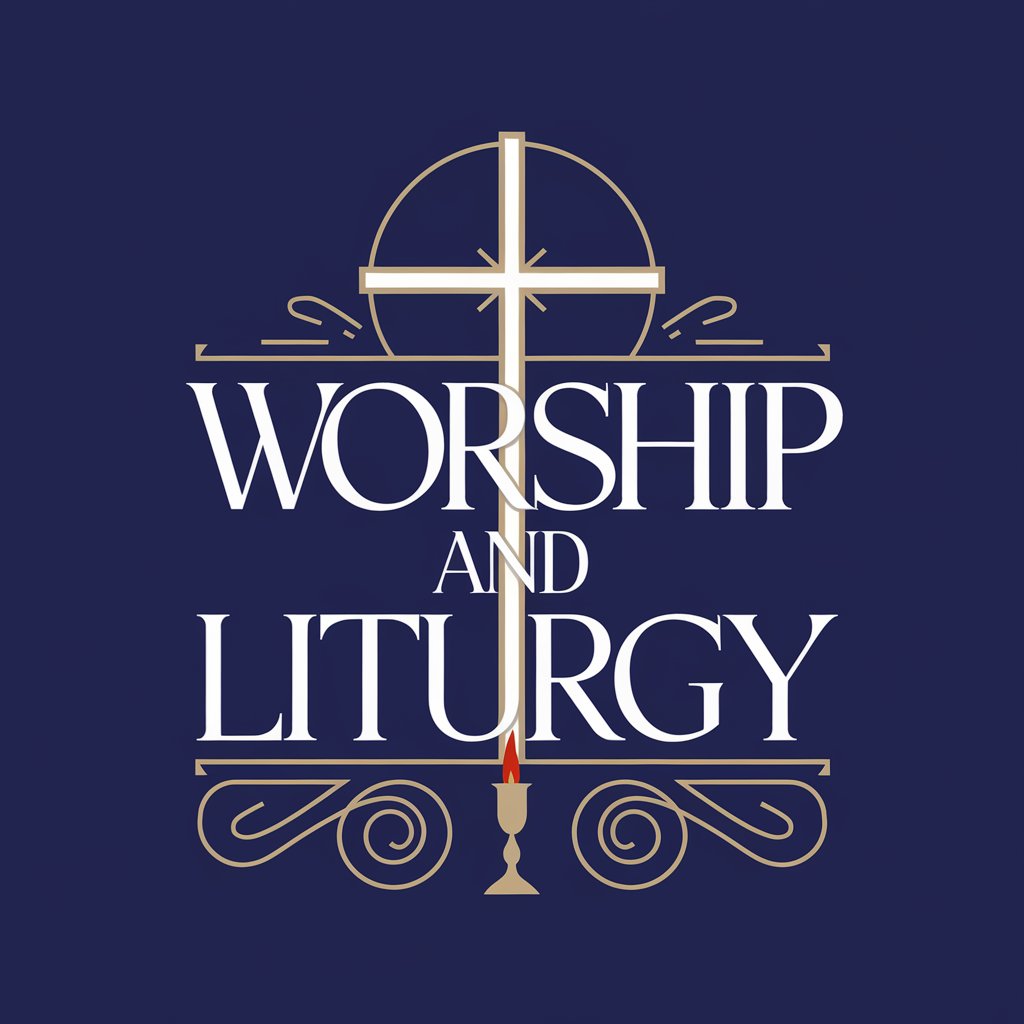Worship and Liturgy
This course provides a comprehensive study of Christian worship and liturgy, exploring their biblical, theological, historical, and practical dimensions. Students will examine the nature and purpose of worship, the development and structure of liturgical practices, and the role of sacraments, …
Overview
This course provides a comprehensive study of Christian worship and liturgy, exploring their biblical, theological, historical, and practical dimensions. Students will examine the nature and purpose of worship, the development and structure of liturgical practices, and the role of sacraments, music, prayer, and scripture in corporate worship settings. Special attention will be given to understanding how liturgy shapes the spiritual life of individuals and the community, as well as how worship can be adapted for different cultural and contemporary contexts. The course emphasizes both the theological underpinnings and practical expressions of worship in the life of the church. This course will help students gain a comprehensive understanding of worship and liturgy, preparing them to lead worship services that are spiritually enriching, theologically sound, and culturally relevant in various ministry contexts.
LEARNING OUTCOME
The students who have succeeded in this course should be able to:
- Demonstrate a deep understanding of the biblical and theological principles that shape Christian worship, recognizing worship as central to the life of the church and the believer’s relationship with God.
- Articulate the historical development of liturgical traditions, including key practices and rituals from early Christianity to modern worship styles, and how they contribute to worship today.
- Critically evaluate the key elements of Christian worship (sacraments, prayer, music, scripture, and preaching) and how they function together to create meaningful worship experiences.
- Understand how liturgical practices contribute to personal and communal spiritual formation, fostering a deeper encounter with God and cultivating a sense of belonging within the worshiping community.
- Demonstrate competence in planning and leading worship services, with a focus on creating theologically sound, spiritually engaging, and contextually appropriate worship experiences.
Curriculum
Curriculum
- 4 Sections
- 12 Lessons
- 10 Weeks
- Module 1: Theology of WorshipThis module introduces students to the biblical and theological bases for Christian worship, emphasizing worship as a response to God’s revelation and a means of grace. The topics covered in this module include: Biblical Foundations of Worship, Historical and Theological Perspectives, Sacraments and Ordinances, Worship as Communal and Individual Practice4
- Module 2: Development of Christian LiturgyA historical overview of the development of Christian liturgy from the early church to the modern day. The topics covered in this module include Early Christian Worship, Medieval and Reformation Developments, Modern Liturgical Movements, and Global and Cultural Influences.4
- Module 3: Practical Aspects of Leading WorshipThis module focuses on the skills and knowledge necessary for effectively planning and leading worship. The topics covered in this module include Planning Worship Services, the Role of Music and Arts in Worship, Leading and Training Worship Teams, and Technology in Worship.4
- Exam1




